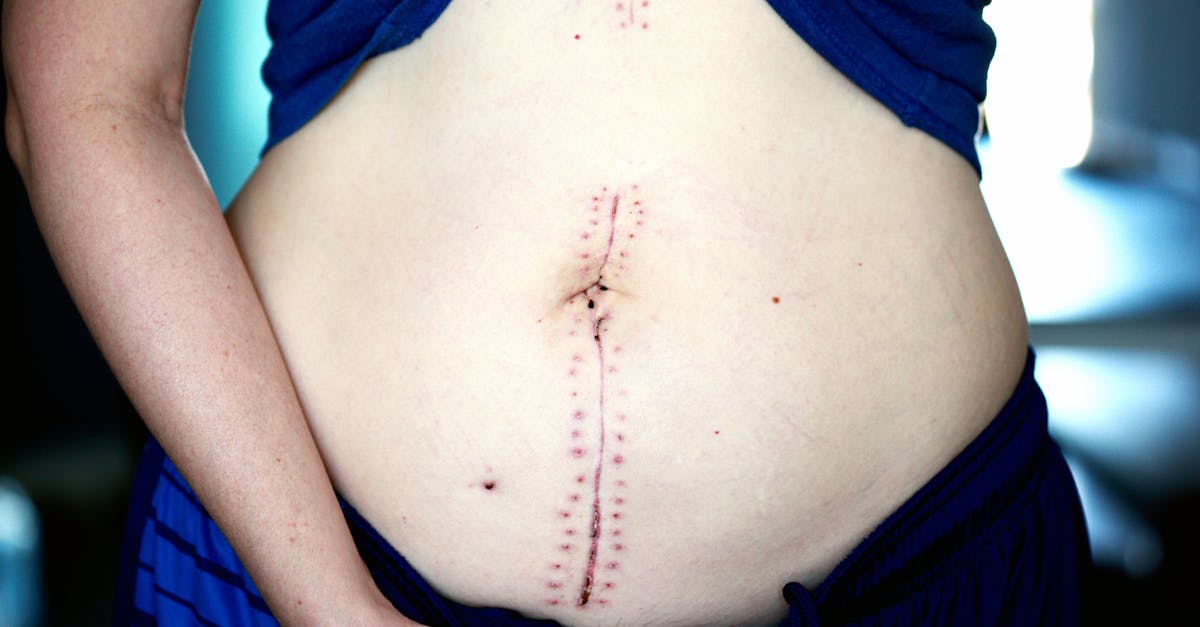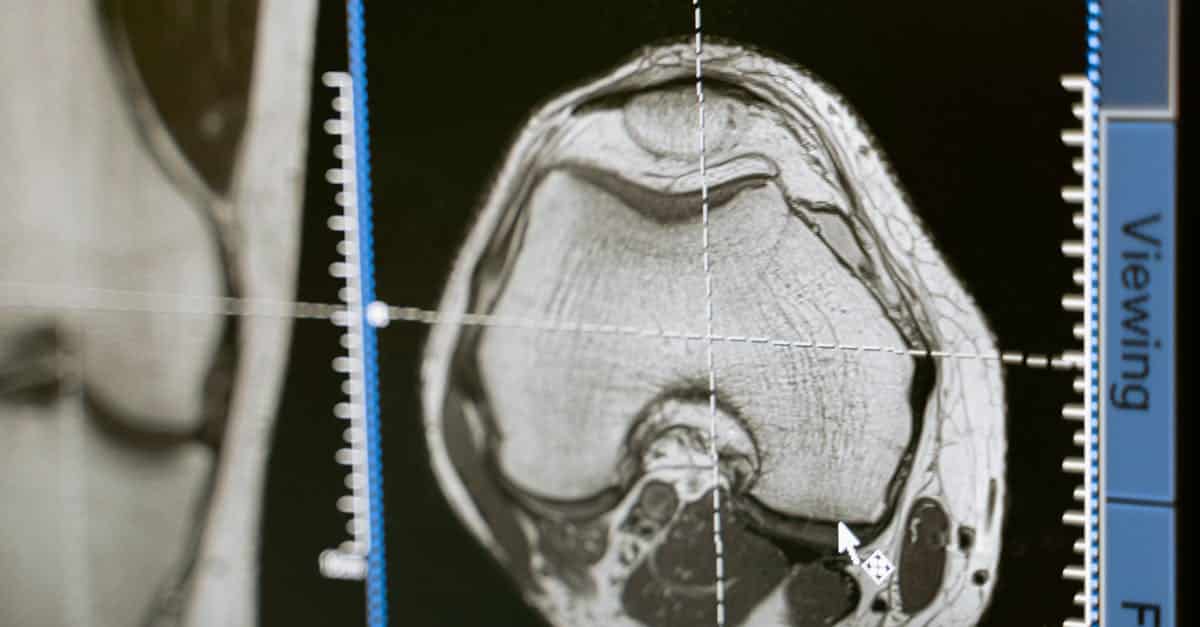There bariatric surgery is constantly evolving, with innovative approaches aimed at improving clinical outcomes and reducing complications associated. Among recent advances, the evaluation of surgical techniques becomes crucial to identify those which offer the best benefit-risk ratio. Interventions such as sleeve gastrectomy robotic and endoscopic procedures, such as endoscopic plications, open up new perspectives. At the same time, special attention is paid to the management of nutritional complications and failures of previous bariatric interventions, highlighting the importance of a personalized approach in the treatment of obesity.

There bariatric surgery has undergone significant evolution over the years, with the development of new techniques aimed at improving the effectiveness of interventions and reducing complications. This discipline is mainly interested in the treatment ofobesity, a condition that causes many health problems, such as diabetes, hypertension, and cardiovascular disease. The main goal of bariatric surgery is to promote significant and lasting weight loss. However, each technique has its own specificities, advantages and disadvantages.
Bariatric surgery techniques have diversified, and among most remarkable innovations, we find the robotic sleeve gastrectomy and the Roux Y gastric bypass. The first technique consists of removing a significant part of the stomach, forming a gastric tube or “sleeve” which limits food capacity while maintaining a certain functionality of the organ. The second technique involves bypassing the small intestine to create a reduced stomach, which also helps modify nutrient absorption.
Regarding the evaluation of new bariatric surgery techniques, several studies have been carried out to analyze their effectiveness and impact on patients. The results showed that, overall, these approaches were not only effective for weight control, but they also contributed to the improvement of various health parameters, such as glucose and cholesterol levels. However, this information must be cross-referenced with long-term data to determine the viable and sustainable results of these interventions.
Another essential facet of bariatric surgery is the revision surgery. This is indicated in cases where the first interventions do not give the expected results, either due to complications or because weight loss objectives have not been achieved. Revision techniques are characterized by their complexity, requiring careful assessment of patients to determine the best strategy to adopt. Choices include removing devices, adjusting previous techniques, or even implementing a new surgical procedure.
THE nutritional complications Post-operative conditions represent another area of concern in bariatric surgery. The phenomenon of malabsorption, often associated with interventions such as bypass, can lead to vitamin and mineral deficiencies. These require adequate management, involving nutritional supplements and regular monitoring. Doctors must pay attention to the signals sent by the body to avoid severe complications, such as anemia or osteoporosis.
A promising approach emerging in the field of bariatric surgery is the use of minimally invasive endoscopic techniques. These methods reduce surgical trauma and possible after-effects while providing satisfactory results in weight control. Techniques, such as endoscopic gastric plications, aim to reduce gastric capacity without requiring major incisions. Patient recovery is generally faster, which is a huge advantage.
Several studies have also looked at the impact of these new techniques on the quality of life patients. Results indicate that those who have undergone bariatric surgery often report substantial improvements in their overall well-being, as well as their mental health. Nevertheless, it is essential to evaluate these results taking into account the preoperative expectations and goals of the patients themselves.
Finally, the management of complications postoperative care is crucial in the context of bariatric surgery. Among the most commonly reported complications are infections, leaks, and intestinal obstructions. Early detection of these complications is essential to minimize future consequences. Follow-up protocols must be put in place to monitor the health status of patients after their surgery, ensuring rapid treatment if necessary.
The news approaches to bariatric surgery represent a field in constant evolution, aimed at optimizing the treatment of patients suffering from obesity. The development of innovative techniques and rigorous management of complications are key factors in improving the results of interventions. As research continues to evaluate these methods, it is imperative for practitioners to stay up to date on the latest advances to provide the most appropriate care and ensure patient success in their weight loss journey.

The domain of bariatric surgery is experiencing significant advances, making interventions increasingly appropriate and effective for the management of obesity. This article explores the news surgical techniques emerging issues, as well as their respective assessment and the need for particular attention to gestation of complications associated. The objective is to optimize clinical results while minimizing the risks associated with interventions.
Technical innovations in bariatric surgery
Among recent innovations, robotic sleeve gastrectomy offers a notable advantage thanks to its minimally invasive approach. This method not only allows a significant reduction in the size of the stomach, but also provides better visual control for the surgeon, which can lead to a reduction in post-operative complications. In addition, this technique promotes quick recovery patients, thus improving their overall satisfaction.
Another promising technique is Roux Y gastric bypass, which continues to evolve. Recent adjustments in surgical methods have made it possible to optimize results in terms of weight loss and reduction of comorbidities associated with obesity. The integration of the endoscopic surgery also allows for less invasive procedures while achieving similar results, thus illustrating the importance of targeted surgery tailored to individual patient needs.
Management of complications
Bariatric surgery, although generally safe, carries risks of nutritional complications and mechanical. Proactive approaches are needed to anticipate and manage these issues. Regular post-operative monitoring is essential to detect early signs of nutritional deficiencies, allowing appropriate corrective measures to be implemented, such as targeted vitamin supplements.
At the same time, the complications linked to surgical technique itself, like leaks or stenoses, must be carefully monitored. Periodic assessments and the use of advanced imaging, such as ultrasound or scans, can play a crucial role in detecting abnormalities. It is also fundamental to regularly assess patients’ weight and metabolism to adjust dietary and medical interventions.
Indications and contraindications of new techniques
Patient selection for news surgical techniques is essential. Rigorous criteria must be established to ensure that only candidates with the best potential for success are selected. THE directions for bariatric surgery should include a comprehensive assessment of the patient’s overall health, as well as an analysis of dietary behaviors and commitment to lifestyle changes.
On the other hand, it is equally important to clearly define the contraindications to avoid unnecessary interventions that could compromise the patient’s health. Psychological assessment and consideration of comorbidities are therefore essential aspects to guarantee a holistic and safe approach in the context of bariatric surgery.













